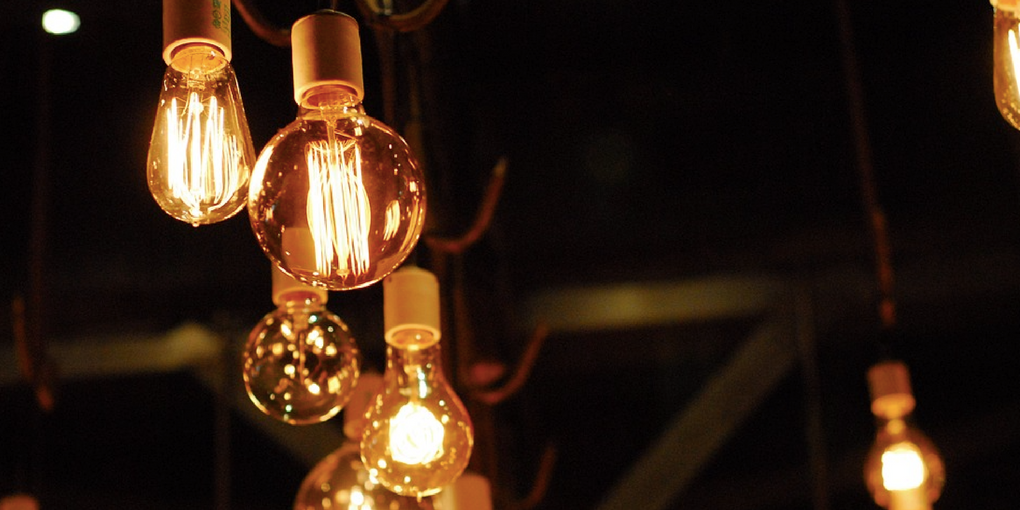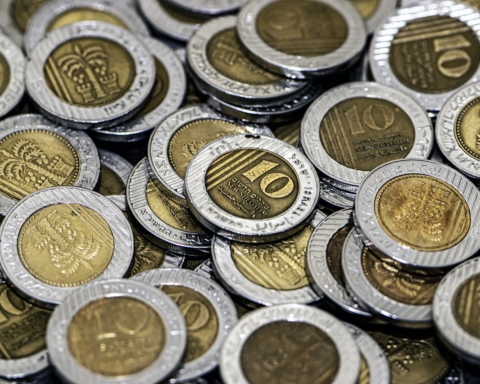Household electricity rates in Israel are high. After a recent push from the Public Utilities Authority, they are looking to create a change and solve some fundamental issues within the electricity sector. Though the new changes will only decrease the annual household spend by about NIS 120 per year, the move is the first step in revising rates throughout all sectors as a way to create a more cost-efficient way to provide electricity and services to both private and company clients in Israel.

The Israel Electric Corporation, or the IEC, is who runs the electricity generation, production and distribution across Israel as a monopoly, hopes to see declined electricity rates of about 20% by 2020 across the grid. Unfortunately, households will only see about 3% of this drop.
The current electricity sector is split into various segments, and each segment has a different rate. The IEC only holds 70% of the industry, while private owners hold 30%. The IEC has proposed a new plan to better implement how electricity is produced and rated throughout the country. They teamed up with the Ministry of National Infrastructure, Energy and Water Resources, in order to seek approval and support in their future plan. The IEC will have more incentive to provide efficient services, employer salaries, and overall costs.






